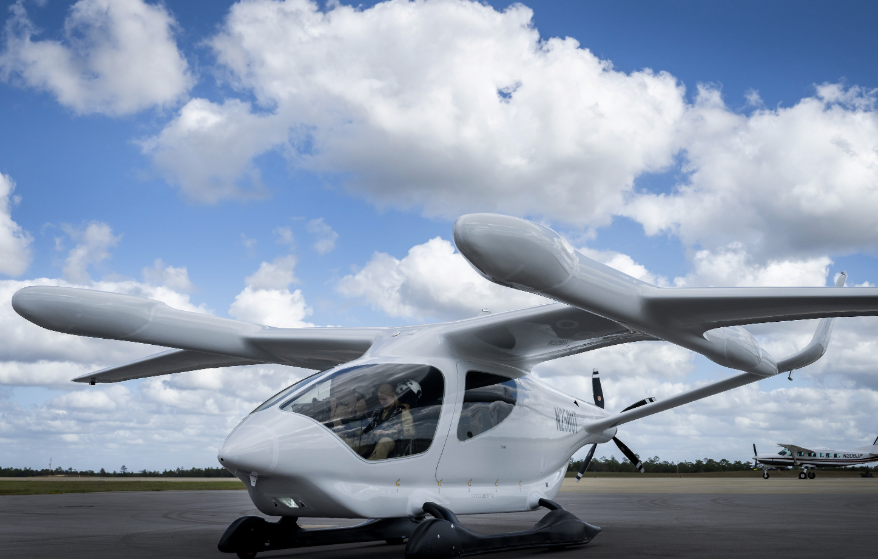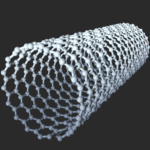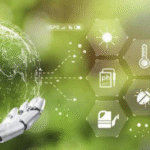The Rise of Electric Aviation: Can Batteries Power the Planes of Tomorrow?
The Rise of Electric Aviation: Can Batteries Power the Planes of Tomorrow?
Luu Gia Phuc
Cars went electric first. Then buses, scooters, even ferries. But what about airplanes? Could we really board a plane one day that runs on batteries instead of jet fuel?
The idea might sound futuristic, but it’s already taking off—literally. A handful of small electric planes have completed test flights, proving that at least for short hops, battery-powered aviation is possible. Imagine taking a 200-mile flight without the roar of engines or the smell of fuel, just the quiet hum of propellers.
The benefits are obvious. Electric planes could drastically cut carbon emissions, a big deal since aviation contributes to climate change. They could also reduce noise pollution around airports and make short regional flights cheaper by slashing fuel costs. For small communities with limited air service, that could be a game-changer.
But here’s the challenge: batteries. While they’ve improved massively in cars, batteries still can’t match the energy density of jet fuel. A gallon of fuel packs far more energy than even the best lithium-ion battery. That’s why most electric aircraft today are small, designed for pilot training or commuter flights rather than crossing oceans.
Engineers aren’t giving up, though. Hybrid designs—planes that use a mix of batteries and fuel—are being tested. Some companies are betting on hydrogen fuel cells, which could act like batteries but store energy more efficiently. And as battery technology keeps improving, so does the dream of longer flights.
It’s a fascinating reminder that big changes often start small. Just as the Wright brothers’ first flight lasted only 12 seconds, today’s electric planes may seem modest. But give it time, and they might reshape aviation as completely as jet engines did in the 20th century.
Someday, boarding an electric plane could feel as normal as plugging in your phone at night. And when that happens, the skies might just get cleaner, quieter, and greener.





